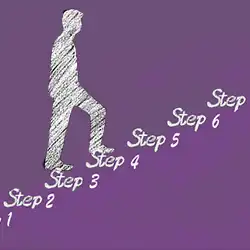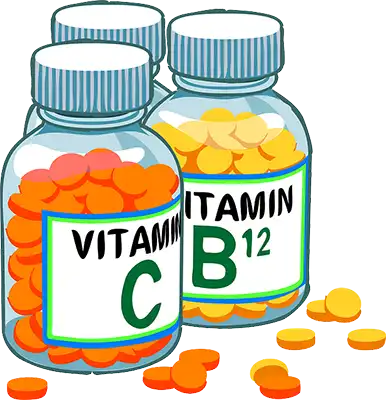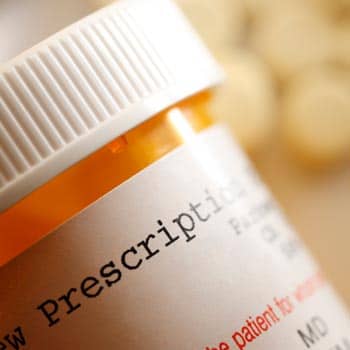Rehab Types
Referral Service to
Private Treatment Centers in Canada
Referral Service to
Private Treatment Centers in Canada
There are many different treatment approaches for drug or alcohol addiction in Canada. You will find a few of these on this page. If you need more information, please don’t hesitate to talk to our referral counsellors. Also, if you need immediate help, call our toll-free number.
Here are a few treatment approaches that have withstood the test of time.
Some substances or physical conditions require close monitoring to avoid seizures and any other complications. Medical detox can often be used for people with heavy or long-term alcohol abuse. For some, it is a step they can not bypass for safety. More about medical detox here.

1 888-488-8434
Toll-free Number
Regular detox is a method by which a person will stop using their substance of choice. In many centers, the person may get certain medications to assist in their withdrawal symptoms. This type of detox will normally take between 3 to 10 days. More on this treatment here.

Residential means the individual stays on the premises 24/7. These programs often include daily chores in a community atmosphere where each member contributes to the group. Most have group and individual counselling. More on residential programs here.

Outpatient programs are structured treatment services that allow individuals to receive group therapy and addiction counselling while living at home. They are typically designed for people who do not require 24-hour supervision (light addictions) and can maintain daily responsibilities, such as work or school, while attending scheduled sessions each week. Find out more about this approach here.

Online coaching is for people with light addiction or those who feel their control slipping away. The person meets a drug and alcohol treatment specialist twice a week via videoconferencing. A schedule of steps is programmed for each person to increase confidence, awareness, and control. Read more on this treatment program here.

Holistic medicine dates back to Hippocrates in 300-400 BC. It has recently grown in popularity in North America since the mid-70s. “Changing lifestyle, beliefs, and old habits to facilitate healing. All appropriate methods can be used, from medication to meditation.” The primary goal of holistic medicine is to gain proper balance in life to maintain health. You can find more on this method for alcohol and drug rehabilitation.

The 12-step approach can be either in-patient or out-patient. The approach of the 12-step is based on specific steps to overcome one’s addiction. You can read the 12-step treatment approach here in more detail.

When attempting to handle the psychological effects of drug abuse before addressing the physical aspects, you often get a negative response. The weakened and numbed-out state of the person makes any attempt at counselling harder.
Many biophysical treatments include exercise and nutritional supplements, and some use a sauna sweating step. This method eliminates and addresses the substance’s effect on the body.

The goal of the cognitive method is to overcome addiction by changing the person’s habits and viewpoints. Through various exercises and educational means, the addicted person changes their way of thinking. These methods aim to change the person’s behaviour toward drugs and alcohol. Outpatient and residential programs use this type of approach. Find out more about cognitive-behavioural therapy.

Researchers originally developed it to help people with recurring depression and prevent relapse. However, people have recognized its benefits in other areas, such as anxiety, stress, and addiction recovery. Find out more about mindfulness in a rehab approach.

Relatively new drugs like Buprenorphine treat opioid use disorder. Buprenorphine is a long-acting opioid. It replaces the shorter-acting opioids, such as heroin, oxycodone, fentanyl, or hydromorphone. Buprenorphine acts much like methadone. Both drugs are part of opioid agonist therapy.
When used at the appropriate dose, they help prevent withdrawal symptoms and curb drug cravings without causing euphoria or drowsiness. This reduces the risks tied to opioid misuse and offers individuals with opioid addiction an opportunity to stabilize their lives.
Another drug, Disulfiram, treats chronic alcoholism by causing unpleasant effects when people drink small amounts of alcohol.
There are rehab facilities delivering to specific groups. From small rehab with intimate settings to bigger ones. Some centers are specific to alcohol, others to different drugs. Gender-specific as well as the LGBT community. Below are a few of these.